“I want people to stop asking me: ‘Why haven’t France won anything when you’re one of the best teams in the world?’” Marie-Antoinette Katoto, like all her teammates, has only one dream this summer: to win the Euros.
To do that, though, they have to come to terms with a history of tournament failures with the most recent one coming at the home Olympics last year, when they were knocked out by Brazil at the quarter-final stage. “We have had opportunities and twice failed to win it at home in France. We have to have the humility to admit that,” admits Sakina Karchaoui, one of the team’s vice-captains, referring also to the 2019 World Cup on home soil, when they lost to the USA in the quarter-finals.
The list of failures is so long that the word “finally” is added to any question about Les Bleues’ chances. France have only managed to reach the semi-finals of a major women’s competition on three occasions: the 2011 World Cup, the 2012 Olympic Games and Euro 2021. Repeated disappointments have taken a toll.
“Since we prepare for tournaments a year or two years in advance, when you arrive at the competition and you get eliminated quickly, yes, at some point it also has an impact on the mind,” says Grace Geyoro. “It can be exhausting, especially when you see the [quality in the] team we have.”
On Saturday, they start their latest mission at Euro 2025 against England in Zurich. It could not have been a tougher opening, the Lionesses having the last Euros in 2022 with a coach who also won the previous tournament, in 2019 with the Netherlands. The Dutch are also in France’s group in Switzerland, together with Wales.
France have always had individual quality. As far as the 2000s there have been players such as Louisa Nécib Cadamuro, Camille Abily, Marie-Laure Delie, Sandrine Soubeyrand and Laura Georges, before the arrival of Eugénie Le Sommer and Wendie Renard. All of which begs the question: Why haven’t France triumphed in a major tournament.
“If we knew why France weren’t winning, I think we’d have put things right by now,” says Abily, the fifth-most capped player in Les Bleues history with 183 caps between 2001 and 2017. “I think there’s a tendency in France to see football as an individual sport, thinking more about oneself before thinking about the team. That’s what’s been a bit lacking in the French team.”
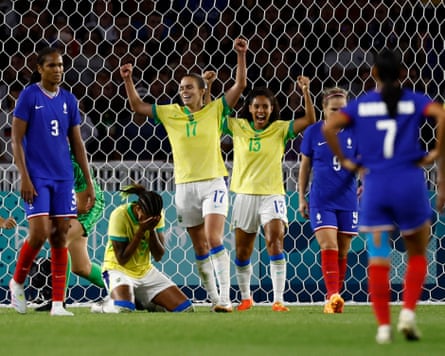
Grace Geyoro agrees: “We’ve relied a lot on individuals, on the fact that one player can make the difference. Now we need to focus more on the collective, because we can only win together.”
The team has often been shaken by internal conflicts, whether it be disagreements with the coach Corinne Diacre or players clashing such as Kheira Hamraoui and Aminata Diallo in 2021.
Elise Bussaglia, who earned 192 caps between 2003 and 2019, says: “The group hasn’t always coped well, for various reasons. And it’s true that at one point it could have had a detrimental effect on our results.” One of the areas of tension was the disconnect between the players from Lyon, who were professionals at the time, and those from Juvisy (later Paris FC) and Paris Saint-Germain, who were still semi-professional.
The current Chelsea head coach, Sonia Bompastor, touches on the subject in her book Une vie de foot, which was published this year, writing: “We weren’t on the same wavelength at all, and we didn’t have the same conception of what it meant to be a footballer. For me, losing a match was the end of the world; not for them.”
Abily, who is Bompastor’s assistant at Chelsea, insists that in her day, the team “didn’t realise” the quality it had. “I remember that when we qualified for the semi-finals of the World Cup in 2011, we said to ourselves: ‘Wow! That’s great, we’re here, we’ve qualified!”
Bussaglia, who finished fourth with France at the 2011 World Cup and the following year’s Olympics, adds: “There are times when the French team should have at least won a medal, if not the title, and it didn’t happen. There needs to be a bit more of a winning culture. But it’s not just the federation, it’s everyone: the players, the staff, the fans, everyone. Around this French team, there’s still not enough desire to win.”
Bompastor has also spoken about the lack of interest from the French FA in the women’s team in the past. “Nobody gave a damn about the French women’s team,” she wrote in her book. “We used to go and see Noël Le Graët, the president of the federation, to explain to him that the reason Lyon were European champions was because we’d put certain processes in place, and not because we’d gone off to summer camps with a singing coach [referring to Bruno Bini, Les Bleues coach from 2007 to 2013 who wrote songs for the players]. The only thing that mattered to him was our popularity rating and our good image.”
The lack of ambition is no longer true today, says Eric Blahic, who was assistant coach to Corinne Diacre and then Hervé Renard (2023-24) and was delighted to see the latter end the “famous semi-final complex”. “For years, the girls were told that they had to be in the sem-finals,” he says. “That doesn’t mean anything. Third or fourth is not the same thing. You have to say: the objective is the final.”
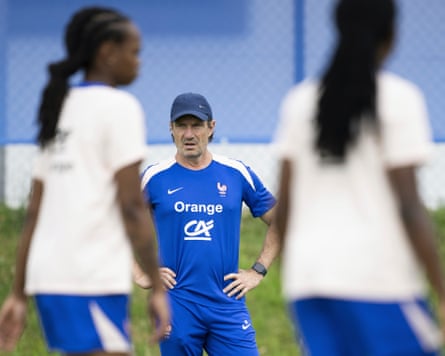
He also rejects the idea that France have failed to go all the way because of a mental block. “In 1982, when the French men’s team played in the semi-final in Seville, when we led 3-1 and ended up being eliminated, people were already saying that it was mental problems. If that’s all it was, the federation would have taken action a long time ago.”
Laurent Bonadei was appointed as Renard’s successor in August 2024 and since then a full-time mental performance coach, Thomas Sammut, has been part of the team “to break this glass ceiling”. He has made other changes too, dropping three key players – Le Sommer, Renard and Kenza Dali – just before the Euros, saying that “if it doesn’t work you have to try something new”.
He prefers to refer to France as “outsiders” rather than favourites, despite having won their eight last games going into the tournament. “Confidence is good for developing our game, but overconfidence is the trap that awaits us,” warns Bonadei.
In Switzerland there is unlikely to be overconfidence as France have to battle against not only their opponents, but their past too.

 8 hours ago
2
8 hours ago
2

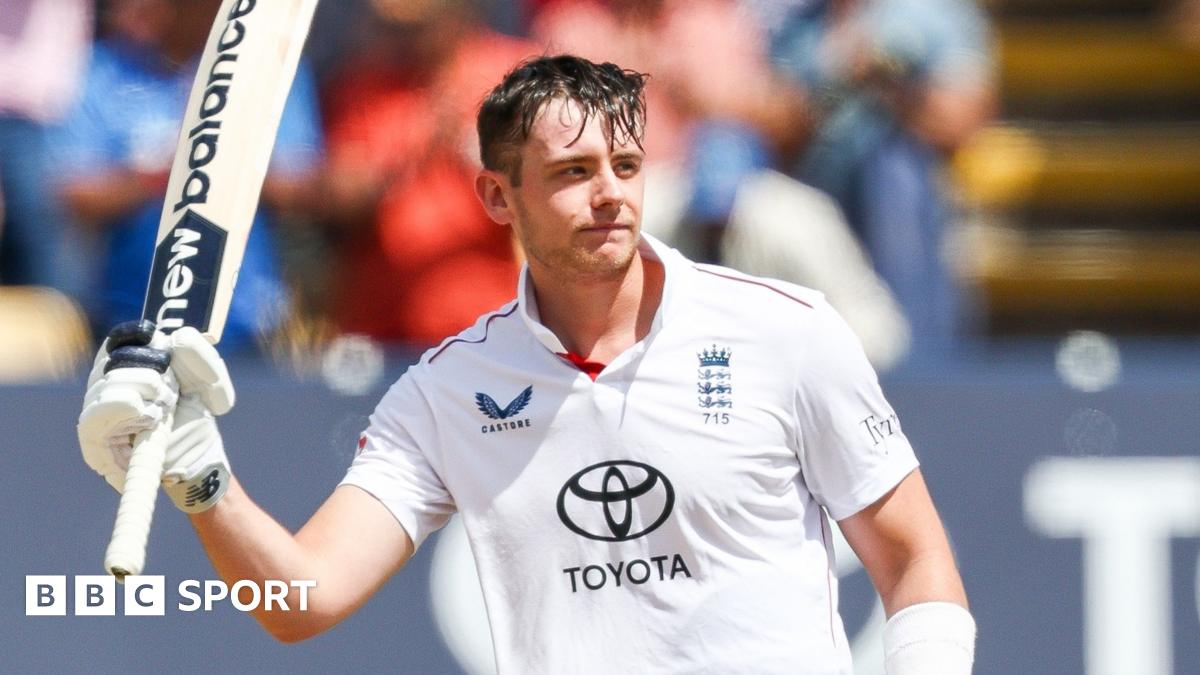
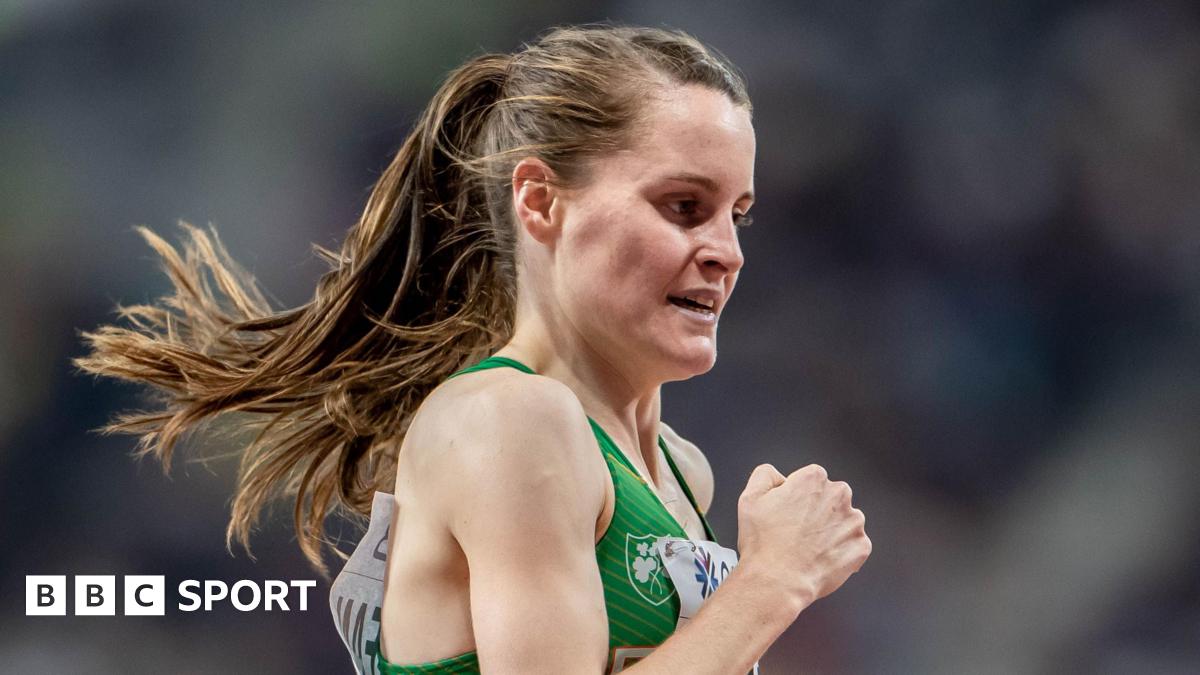
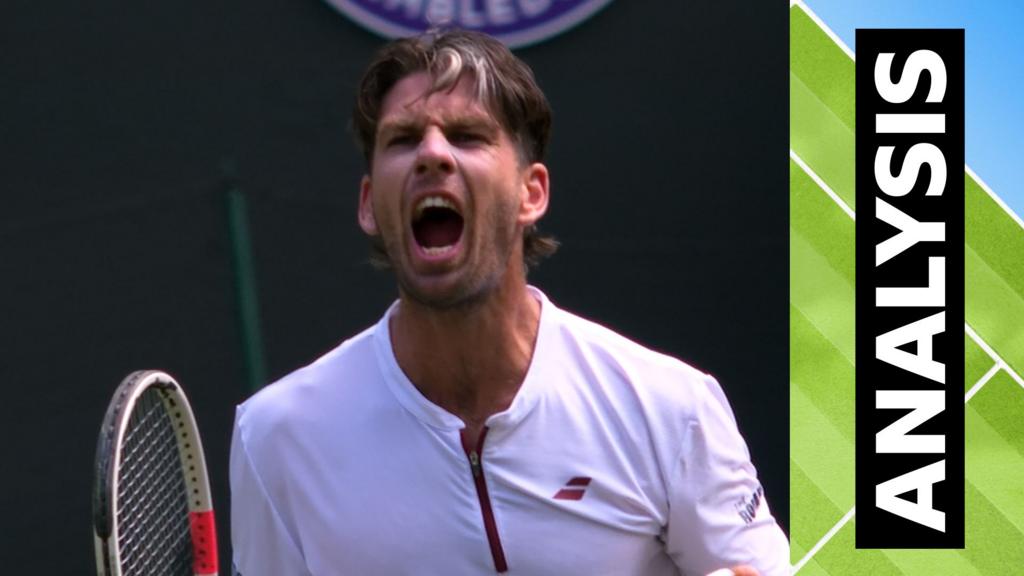


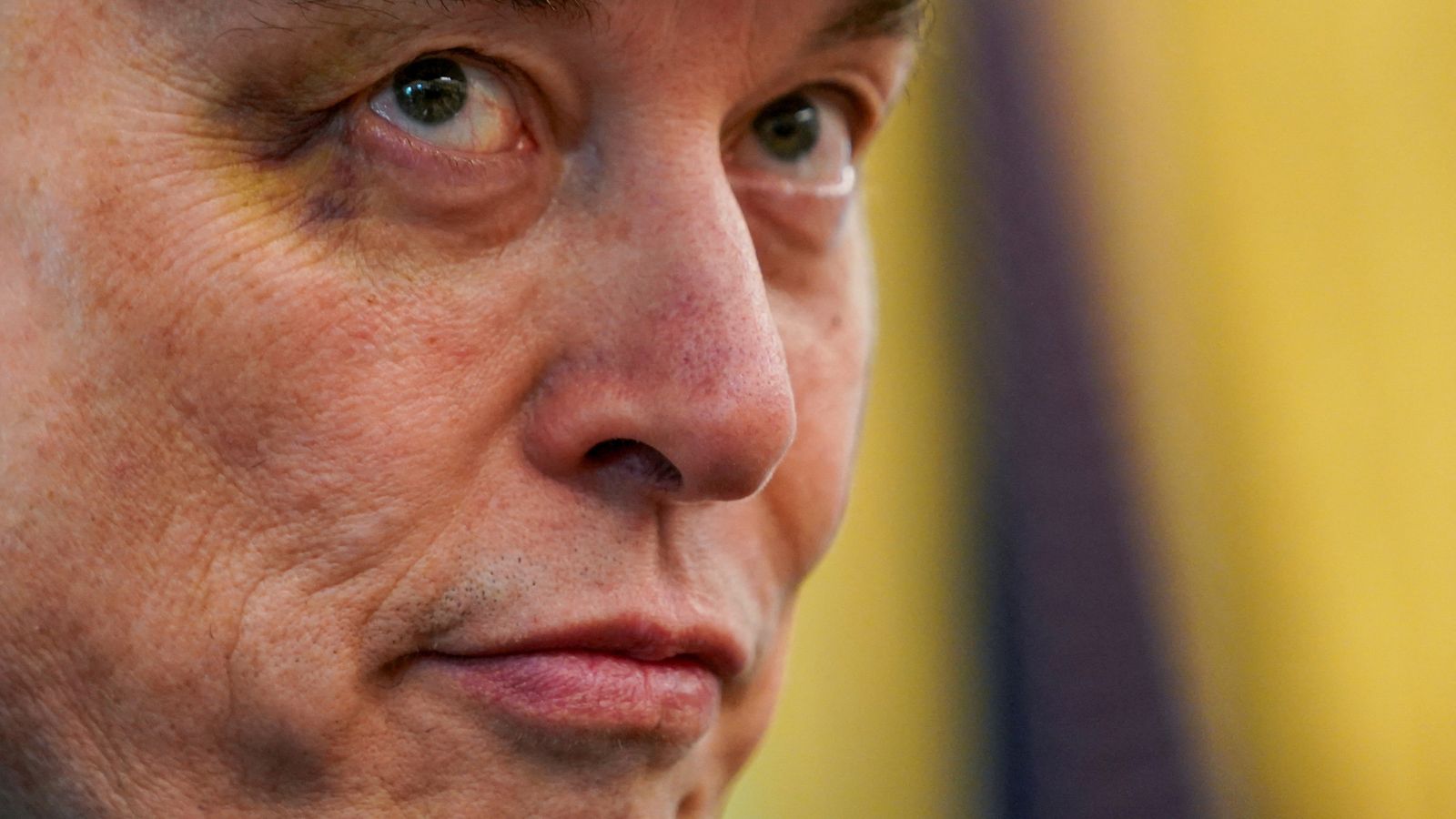

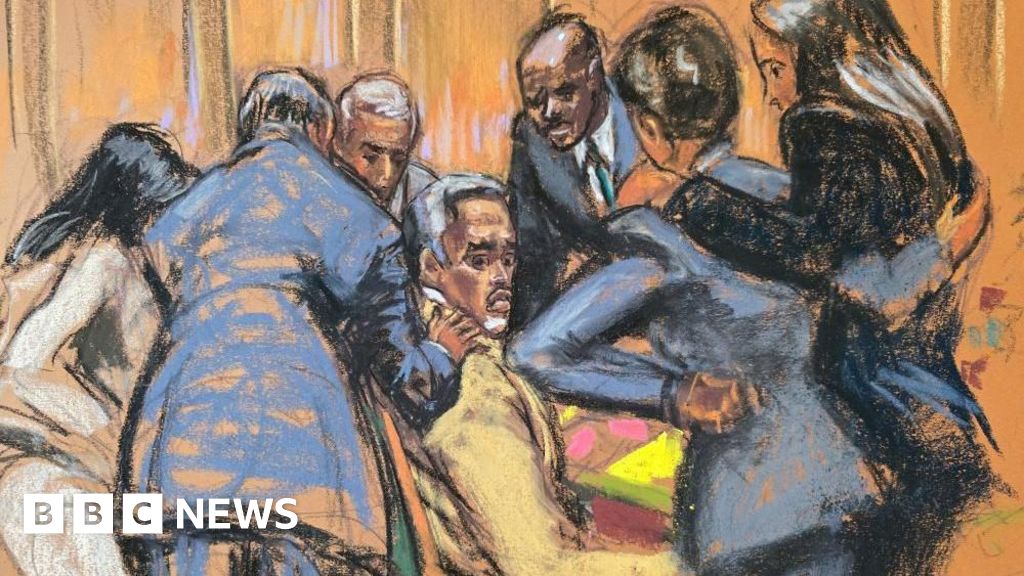

 English (US)
English (US)